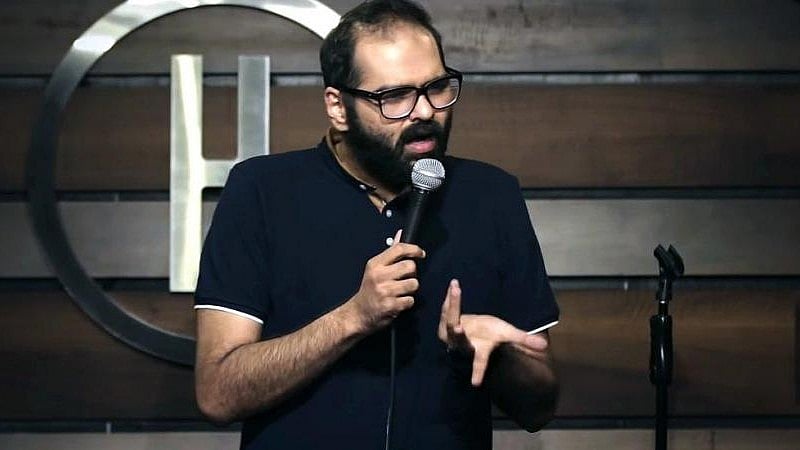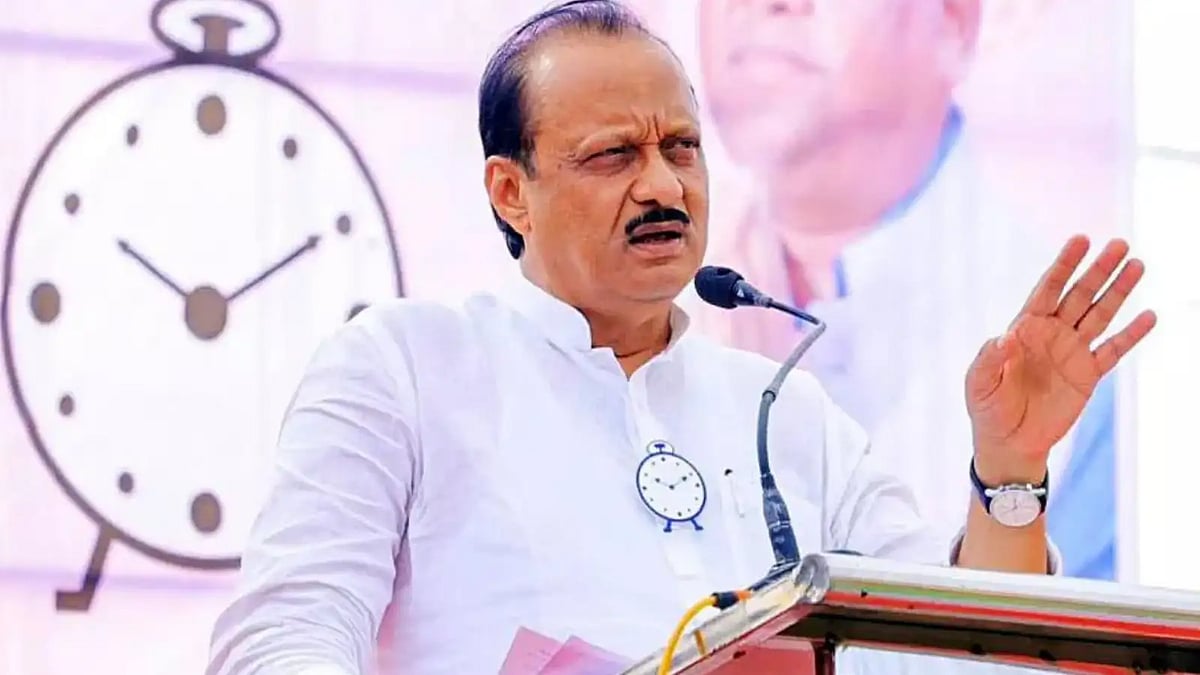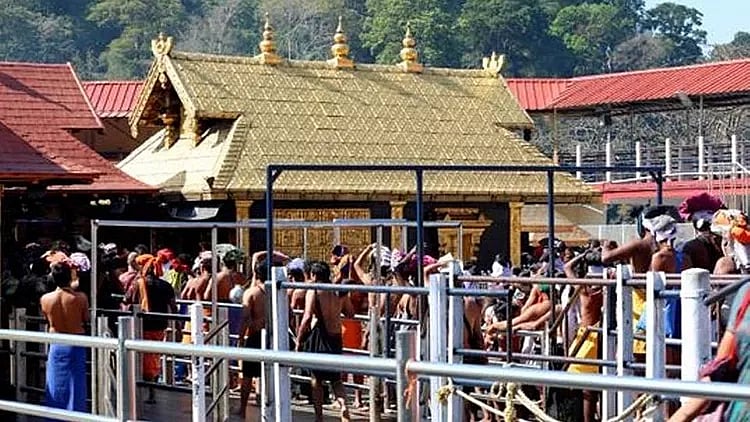The Bangladesh saga has already been much analysed and debated. The reservation of government jobs for descendants of freedom fighters, in Bangladesh’s 1971 war of liberation, was withdrawn by Prime Minister Sheikh Hasina’s government in 2018, after public criticism. The controversy was revived by the High Court restoring them in June 2024, triggering student protests.
The first phase of protests was during July 15-21. Bangladesh’s Supreme Court on July 21 reduced reservations to 7%, including 5% for freedom fighters’ progeny. On July 14, at a press conference on returning from China, PM Hasina dubbed protesters as “Razakars”. It is a word used for anti-national elements who collaborated with Pakistan during Bangladesh’s freedom struggle. This further infuriated the students. She still believed her security forces would quell the sporadic protests. Apparently in Delhi too no alarm bells rang.
The protests transmuted exceedingly quickly into a mass movement against the government, indicating politicisation. It was presumed her 15-year rule had enabled PM Hasina to hone authoritarian control to an art form. Her deposing by street rallies was ruled out. Thus a crucial historical lesson was ignored that with all political dissent blocked the pressure within the polity makes a sudden explosion inevitable. In 1990, President Lt Gen H M Ershad’s military rule ended when the Awami League, Bangladesh National Party and Jamaat-e-Islami, the three main political parties, issued a multiparty declaration, causing the street protests to mushroom.
This has happened in other nations also. Reza Pahlavi, Shah of Iran, was deposed in 1979 after extensive protests and despite extreme force used by security agencies. Iran has a tradition, dating to the 19th century, of men and women taking to the streets to protest against the ruler and then intruding into diplomatic compounds for protection. This, in Persian, is called “Bast” or sanctuary until negotiations produced a compromise. Similarly “Arab Spring”, which began in December 2010 in Tunisia, led to popular revolts that overthrew the authoritarian leaders of Tunisia, Egypt and Libya.
Sheikh Hasina and her friends abroad, especially in India, ignored this. The January 2024 election won by Sheikh Hasina elicited no critique from India, despite loud protests by the Opposition over alleged rigging. Though the US labelled the election as neither free nor fair, China joined India in lauding Sheikh Hasina winning a fourth consecutive term of five years.
Autocratic governance becomes less tolerable if economic news is dismal. Despite making Bangladesh a garment-export hub and boosting women’s participation in the formal economy and improving health metrics of school children, post-Covid period brought dropping exports, inflation and higher unemployment, especially amongst youth, doubling since 2010. Once protests started even remittances fell from $2.54 billion in June to $1.9 in July.
India must now salvage a difficult situation created by proximity to an authoritarian ruler, ousted by popular uprising. The public ire, especially over 300 deaths caused by brute force, would also target India. What then are the Indian options?
Prime Minister Narendra Modi has wisely congratulated Muhammad Yunus, heading the interim government. The army chief Lt Gen Waker uz Zaman, related to Sheikh Hasina, not only managed to peacefully exfiltrate her but assured that “justice will be served against every death and crime”. Yunus’ selection is at the behest of student leaders leading the protests. The Army thus is trying to deflate their ire. Sheikh Hasina had called him a “bloodsucker of the poor”. He in turn in 2015 had advocated “benevolent dictatorship”. It is unclear whether he has the political and governance skills to restore democratic functioning and institutional integrity. The related question, is how long will the interim arrangement last?
The BNP wants fresh elections quickly, considering the parliament stands dissolved. The army would probably quietly oversee the interim rule, though — considering Yunus’ popularity and stature as a Nobel laureate and microfinance innovator — controlling him may be difficult. Lt Gen Waker uz Zaman is also handicapped by being a relative of Sheikh Hasina. Bangladesh’s army has a history of revolt from within and attempted assassination of higher echelons.
For the Chinese, the student protests uprooting a regime revives the unpleasant memory of Tiananmen Square protests in 1989, which China broke up using armed forces. They want Bangladesh to “restore social stability soon”, particularly because it is a “comprehensive strategic partner”.
India also would like peace and order restored, and targeting of minorities and Awami League cadres to end. India fears that if the BNP-Jamaat alliance wins next election, a government favouring the Pakistan-China axis is inevitable. The US, which some allege to be manoeuvring the Bangladesh developments, would also oppose Chinese entrenchment in Dhaka. If anything, Indo-US strategic partnership requires close coordination in this regard. But the people of Bangladesh may worry more about exorcising the ghost of Sheikh Mujibur Rahman and the influence of his family — at least in the foreseeable future.
KC Singh is former secretary, Ministry of External Affairs









